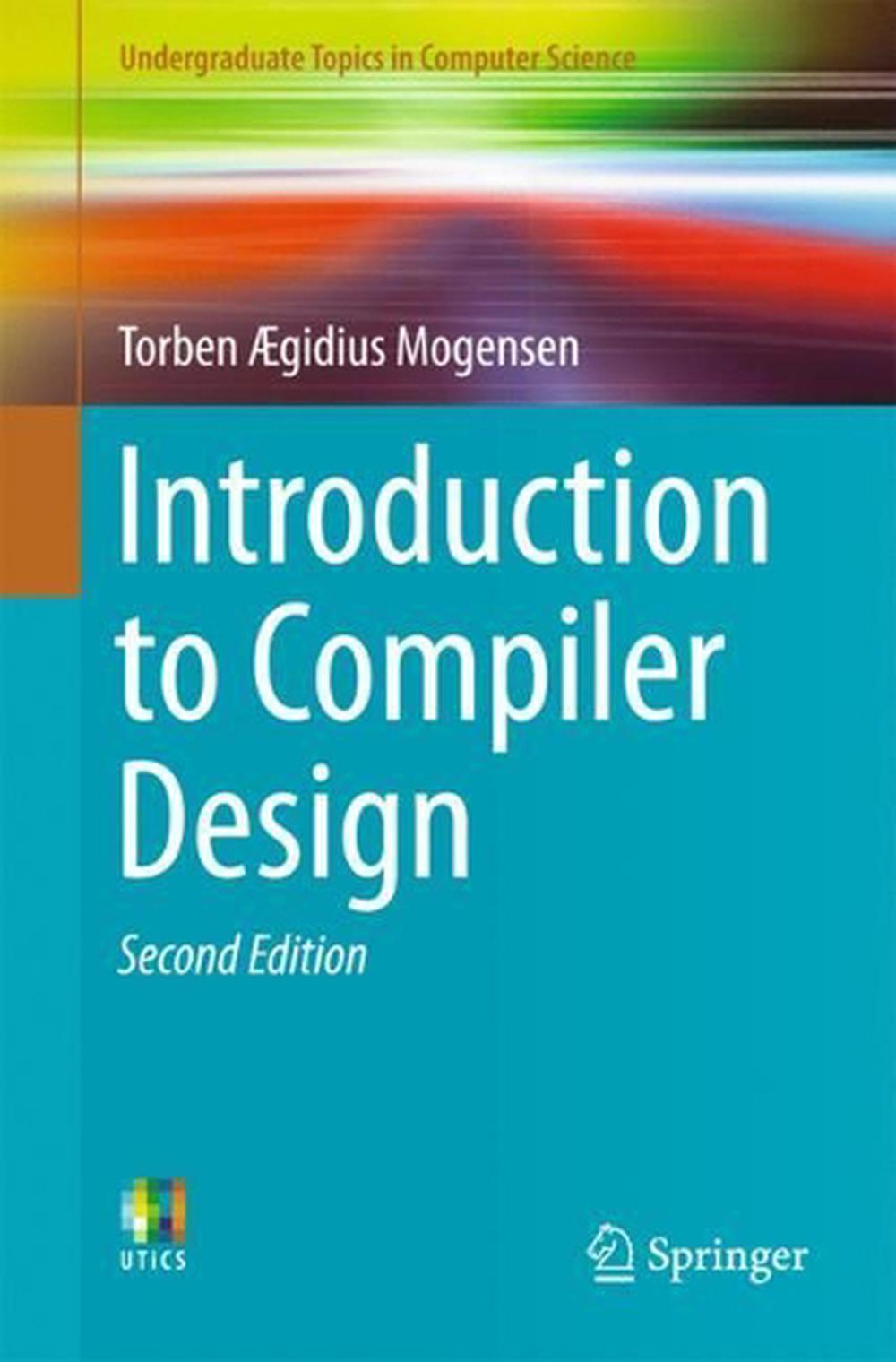
Introduction to Compiler Design
by Torben Ægidius Mogensen
This textbook is intended for an introductory course on Compiler Design, suitable for use in an undergraduate programme in computer science or related fields. The text presents techniques for making realistic, though non-optimizing, compilers for simple programming languages.
Paperback
English
Brand New
Publisher Description
The second edition of this textbook has been fully revised and adds material about loop optimisation, function call optimisation and dataflow analysis. It presents techniques for making realistic compilers for simple programming languages, using techniques that are close to those used in "real" compilers, albeit in places slightly simplified for presentation purposes. All phases required for translating a high-level language to symbolic machine language are covered, including lexing, parsing, type checking, intermediate-code generation, machine-code generation, register allocation and optimisation, interpretation is covered briefly.
Aiming to be neutral with respect to implementation languages, algorithms are presented in pseudo-code rather than in any specific programming language, but suggestions are in many cases given for how these can be realised in different language flavours. Introduction to Compiler Design is intended for an introductory course in compiler design, suitable for both undergraduate and graduate courses depending on which chapters are used.
Back Cover
The second edition of this textbook has been fully revised and adds material about loop optimisation, function call optimisation and dataflow analysis. It presents techniques for making realistic compilers for simple programming languages, using techniques that are close to those used in "real" compilers, albeit in places slightly simplified for presentation purposes. All phases required for translating a high-level language to symbolic machine language are covered, including lexing, parsing, type checking, intermediate-code generation, machine-code generation, register allocation and optimisation, interpretation is covered briefly. Aiming to be neutral with respect to implementation languages, algorithms are presented in pseudo-code rather than in any specific programming language, but suggestions are in many cases given for how these can be realised in different language flavours. Introduction to Compiler Design is intended for an introductory course in compiler design, suitable for both undergraduate and graduate courses depending on which chapters are used.
Author Biography
The author has taught programming language design, implementation, and transformation at the University of Copenhagen for more than two decades.
Table of Contents
Lexical Analysis.-Syntax Analysis.-Scopes and Symbol Tables.-Interpretation.-Type Checking.-Intermediate-Code Generation.-Machine-Code Generation.-Register Allocation.-Functions.-Data Flow Analysis and Optimisation.- Optimisation for Loops.- Set Notation and Concepts.- Index
Details

